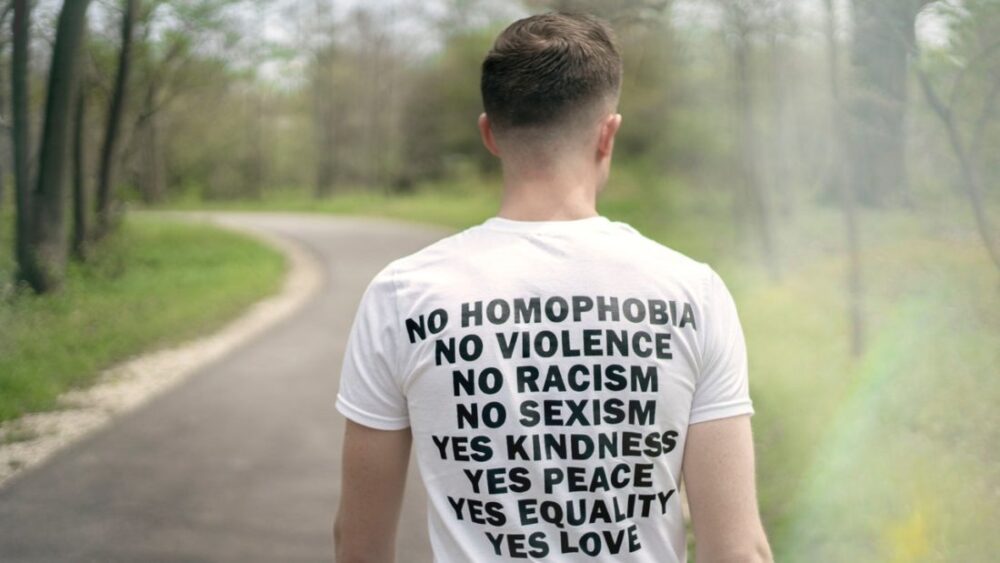



Domestic abuse is any incident or pattern of abuse or violence against an intimate partner or family member. Domestic abuse does not only affect women. It can happen to anyone, including men, transgender people and other queer person.
Domestic abuse usually falls into one of these six categories:
There are some abusive behaviour that usually only affect LGBT+ people, such as:
All forms of domestic abuse are wrong. No one should have to put up with any form of abuse.
Yes. AMIS was set-up to provide direct information, support and guidance to any man in Scotland who is currently or has experienced domestic, partner or dating abuse. One of our charitable purposes is to support any man, regardless of their sexual orientation. We provide the same high-quality, confidential and free support to all men. Our support team are here to help.
We are here to help you – see how to contact us.
Yes, we do. See more information specific to transgender men.
LGBT+ people can face many barriers to support. At AMIS, we work to be inclusive of any man in Scotland. Galop suggests there are several barriers to support, such as:
Galop also reports that individual LGBT+ people may have additional barriers to support:
We aim to remove these barriers. If you are unsure about calling, try emailing us first.
Fortunately, the UK has many charities dedicated to supporting people from the LGBT+ community. Here are some other charities that might be of interest:
More services and charities can be found by using our support finder tool.